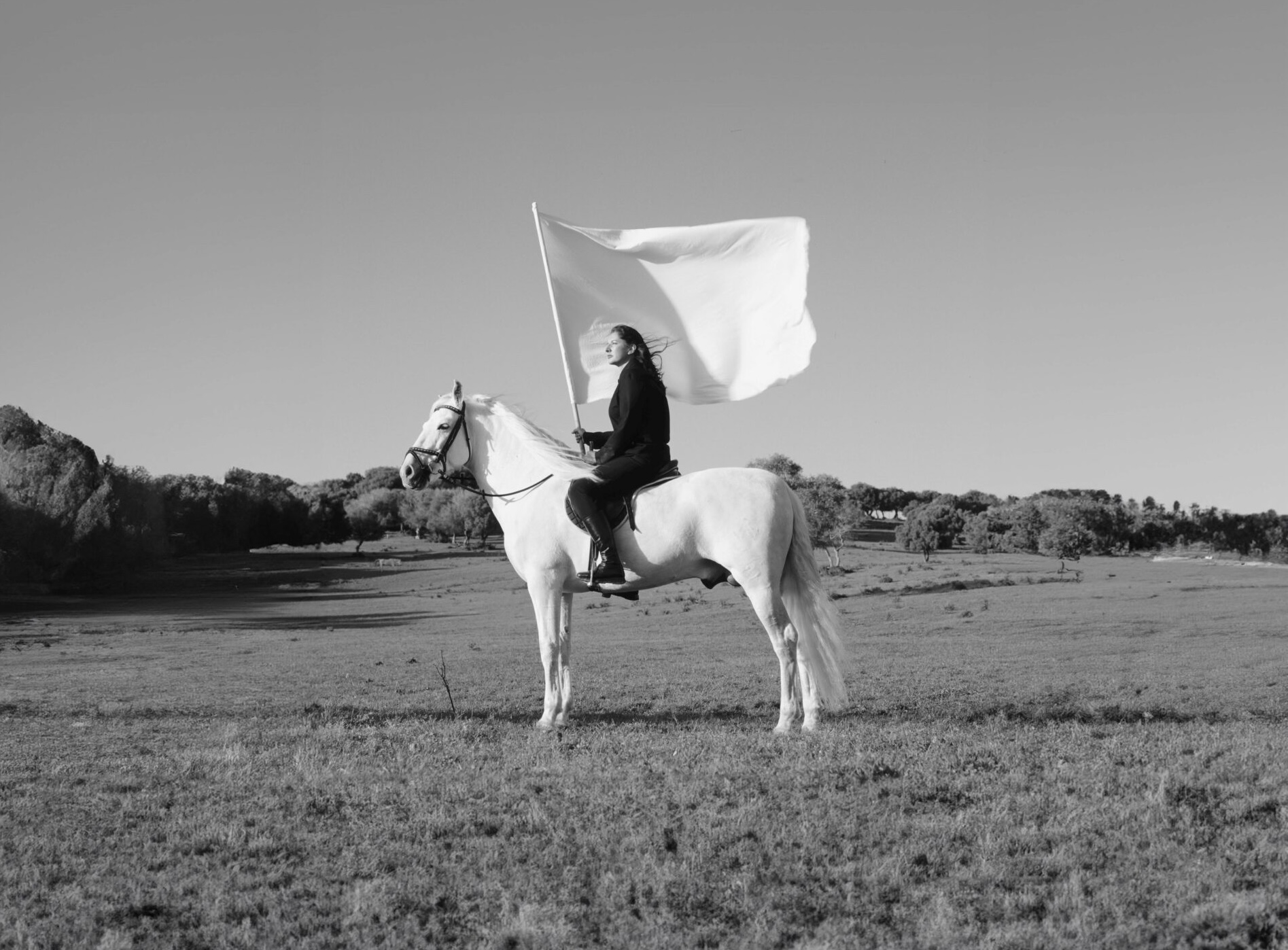



[](https://flaunt-mag.squarespace.com/config/pages/587fe9d4d2b857e5d49ca782#)[](https://flaunt-mag.squarespace.com/config/pages/587fe9d4d2b857e5d49ca782#)
Mia Hansen-Løve on the Power of Empathy
We speak to director Mia Hansen-Løve on the eve of her fourth film premiere for “Things to Come”
Mia Hansen-Løve keeps apologizing for her English, but the apology is entirely unnecessary. The 35-year-old French writer-director speaks more eloquently in her second language than most Americans do in their first. If it slows her down just a bit I’m thankful—it’s a gift to the interviewer, especially when speaking with someone that’s so thoughtful and forthcoming.
Hansen-Løve, who got her start directing shorts “with no money, in like one day” comes across as a born thinker, and so wonderfully _French_ in her reasoning and ideas, with an unembarrassed insistence on the reality and importance of soft concepts like love and passion and beauty along with a tendency towards psychological speculation and philosophical inquiry. “I grew up in a world of intellectuals,” she says in a thick and mellifluous accent, breaking into bits of French here and there when searching for a word. “Both of my parents were philosophy teachers, and I think that one of the things that I inherited from them was the idea that what is most important in life is the search for truth and beauty, and not that money should be the first concern. They made the decision since they were students that they would give their all their energy and passion to spiritual questions, and I am thankful to have that as my example.”
We’re talking about her gorgeous new movie, _Things to Come_. It is her fifth feature film and another critical darling, as the four before it have been, each scoring over 80% on review-aggregator site Rotten Tomatoes. The film centers on Nathalie (played by the incomparable French actress Isabelle Huppert), a woman who is wrenched from her comfortable existence as a philosophy teacher and doting mother, wife, and daughter when she experiences a series of crises that force her to find a new way to live and to find meaning. It’s a quiet and character-driven _tranche de vie_, lightly drawn and full of beautifully acted moments, and refreshingly devoid of heavy plotting, false drama, or hysterical confrontations.
“The starting point for me is not plot—it's not motivated by dramatic moments like a lot of scripts are,” she says. “That’s not what makes me move into the script at first. In general, all the films I have made, the first movement has been the desire to draw a portrait, just like a painter. I’m not a painter at all—I don’t know how to draw—but I feel that it’s the same feeling, this desire to catch and transmit a presence, trying to show someone’s presence and beauty. It’s all very impressionistic. I’ve always felt very close to impressionism, in painting and in the narrative sense, and I’ve always trusted that inspiration.”
It is a very well done portrait. Nathalie is a complex and realistic character, and Huppert’s acting imbues her with an interior world that comes through in the way that Nathalie’s usual stoic cheerfulness cracks in the face of the difficult challenges that life presents to her but is slowly mended as she finds the strength to rebuild her identity. Hansen-Løve is young—how was she able to write so convincingly from the perspective of someone who is older than her? “It didn’t feel like this character was very far from me, because she was inspired in part by my mother, so I think I do have a lot of empathy for her difficulties and it’s because of that that I wanted to make the film. I was very moved and impressed by the strength of my mother at a moment when she was confronting many difficulties at the same time, but she didn’t let it take the joy of living from her. So for me as a filmmaker, making the film was a way to try to get closer to that strength, to try to understand it—not because I feel like I have that strength, but on the contrary because I feel I don’t have it. I guess I was wondering how she did it, how she maintained that inner strength that doesn’t come from bitterness or hardness. I wanted to try to understand that and to show that.”
Image from [UniFrance](http://en.unifrance.org/directories/person/142992/mia-hansen-love)
Written by Sid Feddema
 

 
[](https://flaunt-mag.squarespace.com/config/pages/587fe9d4d2b857e5d49ca782#)[](https://flaunt-mag.squarespace.com/config/pages/587fe9d4d2b857e5d49ca782#)
Mia Hansen-Løve on the Power of Empathy
We speak to director Mia Hansen-Løve on the eve of her fourth film premiere for “Things to Come”
Mia Hansen-Løve keeps apologizing for her English, but the apology is entirely unnecessary. The 35-year-old French writer-director speaks more eloquently in her second language than most Americans do in their first. If it slows her down just a bit I’m thankful—it’s a gift to the interviewer, especially when speaking with someone that’s so thoughtful and forthcoming.
Hansen-Løve, who got her start directing shorts “with no money, in like one day” comes across as a born thinker, and so wonderfully _French_ in her reasoning and ideas, with an unembarrassed insistence on the reality and importance of soft concepts like love and passion and beauty along with a tendency towards psychological speculation and philosophical inquiry. “I grew up in a world of intellectuals,” she says in a thick and mellifluous accent, breaking into bits of French here and there when searching for a word. “Both of my parents were philosophy teachers, and I think that one of the things that I inherited from them was the idea that what is most important in life is the search for truth and beauty, and not that money should be the first concern. They made the decision since they were students that they would give their all their energy and passion to spiritual questions, and I am thankful to have that as my example.”
We’re talking about her gorgeous new movie, _Things to Come_. It is her fifth feature film and another critical darling, as the four before it have been, each scoring over 80% on review-aggregator site Rotten Tomatoes. The film centers on Nathalie (played by the incomparable French actress Isabelle Huppert), a woman who is wrenched from her comfortable existence as a philosophy teacher and doting mother, wife, and daughter when she experiences a series of crises that force her to find a new way to live and to find meaning. It’s a quiet and character-driven _tranche de vie_, lightly drawn and full of beautifully acted moments, and refreshingly devoid of heavy plotting, false drama, or hysterical confrontations.
“The starting point for me is not plot—it's not motivated by dramatic moments like a lot of scripts are,” she says. “That’s not what makes me move into the script at first. In general, all the films I have made, the first movement has been the desire to draw a portrait, just like a painter. I’m not a painter at all—I don’t know how to draw—but I feel that it’s the same feeling, this desire to catch and transmit a presence, trying to show someone’s presence and beauty. It’s all very impressionistic. I’ve always felt very close to impressionism, in painting and in the narrative sense, and I’ve always trusted that inspiration.”
It is a very well done portrait. Nathalie is a complex and realistic character, and Huppert’s acting imbues her with an interior world that comes through in the way that Nathalie’s usual stoic cheerfulness cracks in the face of the difficult challenges that life presents to her but is slowly mended as she finds the strength to rebuild her identity. Hansen-Løve is young—how was she able to write so convincingly from the perspective of someone who is older than her? “It didn’t feel like this character was very far from me, because she was inspired in part by my mother, so I think I do have a lot of empathy for her difficulties and it’s because of that that I wanted to make the film. I was very moved and impressed by the strength of my mother at a moment when she was confronting many difficulties at the same time, but she didn’t let it take the joy of living from her. So for me as a filmmaker, making the film was a way to try to get closer to that strength, to try to understand it—not because I feel like I have that strength, but on the contrary because I feel I don’t have it. I guess I was wondering how she did it, how she maintained that inner strength that doesn’t come from bitterness or hardness. I wanted to try to understand that and to show that.”
Image from [UniFrance](http://en.unifrance.org/directories/person/142992/mia-hansen-love)
Written by Sid Feddema

[](https://flaunt-mag.squarespace.com/config/pages/587fe9d4d2b857e5d49ca782#)[](https://flaunt-mag.squarespace.com/config/pages/587fe9d4d2b857e5d49ca782#)
Mia Hansen-Løve on the Power of Empathy
We speak to director Mia Hansen-Løve on the eve of her fourth film premiere for “Things to Come”
Mia Hansen-Løve keeps apologizing for her English, but the apology is entirely unnecessary. The 35-year-old French writer-director speaks more eloquently in her second language than most Americans do in their first. If it slows her down just a bit I’m thankful—it’s a gift to the interviewer, especially when speaking with someone that’s so thoughtful and forthcoming.
Hansen-Løve, who got her start directing shorts “with no money, in like one day” comes across as a born thinker, and so wonderfully _French_ in her reasoning and ideas, with an unembarrassed insistence on the reality and importance of soft concepts like love and passion and beauty along with a tendency towards psychological speculation and philosophical inquiry. “I grew up in a world of intellectuals,” she says in a thick and mellifluous accent, breaking into bits of French here and there when searching for a word. “Both of my parents were philosophy teachers, and I think that one of the things that I inherited from them was the idea that what is most important in life is the search for truth and beauty, and not that money should be the first concern. They made the decision since they were students that they would give their all their energy and passion to spiritual questions, and I am thankful to have that as my example.”
We’re talking about her gorgeous new movie, _Things to Come_. It is her fifth feature film and another critical darling, as the four before it have been, each scoring over 80% on review-aggregator site Rotten Tomatoes. The film centers on Nathalie (played by the incomparable French actress Isabelle Huppert), a woman who is wrenched from her comfortable existence as a philosophy teacher and doting mother, wife, and daughter when she experiences a series of crises that force her to find a new way to live and to find meaning. It’s a quiet and character-driven _tranche de vie_, lightly drawn and full of beautifully acted moments, and refreshingly devoid of heavy plotting, false drama, or hysterical confrontations.
“The starting point for me is not plot—it's not motivated by dramatic moments like a lot of scripts are,” she says. “That’s not what makes me move into the script at first. In general, all the films I have made, the first movement has been the desire to draw a portrait, just like a painter. I’m not a painter at all—I don’t know how to draw—but I feel that it’s the same feeling, this desire to catch and transmit a presence, trying to show someone’s presence and beauty. It’s all very impressionistic. I’ve always felt very close to impressionism, in painting and in the narrative sense, and I’ve always trusted that inspiration.”
It is a very well done portrait. Nathalie is a complex and realistic character, and Huppert’s acting imbues her with an interior world that comes through in the way that Nathalie’s usual stoic cheerfulness cracks in the face of the difficult challenges that life presents to her but is slowly mended as she finds the strength to rebuild her identity. Hansen-Løve is young—how was she able to write so convincingly from the perspective of someone who is older than her? “It didn’t feel like this character was very far from me, because she was inspired in part by my mother, so I think I do have a lot of empathy for her difficulties and it’s because of that that I wanted to make the film. I was very moved and impressed by the strength of my mother at a moment when she was confronting many difficulties at the same time, but she didn’t let it take the joy of living from her. So for me as a filmmaker, making the film was a way to try to get closer to that strength, to try to understand it—not because I feel like I have that strength, but on the contrary because I feel I don’t have it. I guess I was wondering how she did it, how she maintained that inner strength that doesn’t come from bitterness or hardness. I wanted to try to understand that and to show that.”
Image from [UniFrance](http://en.unifrance.org/directories/person/142992/mia-hansen-love)
Written by Sid Feddema
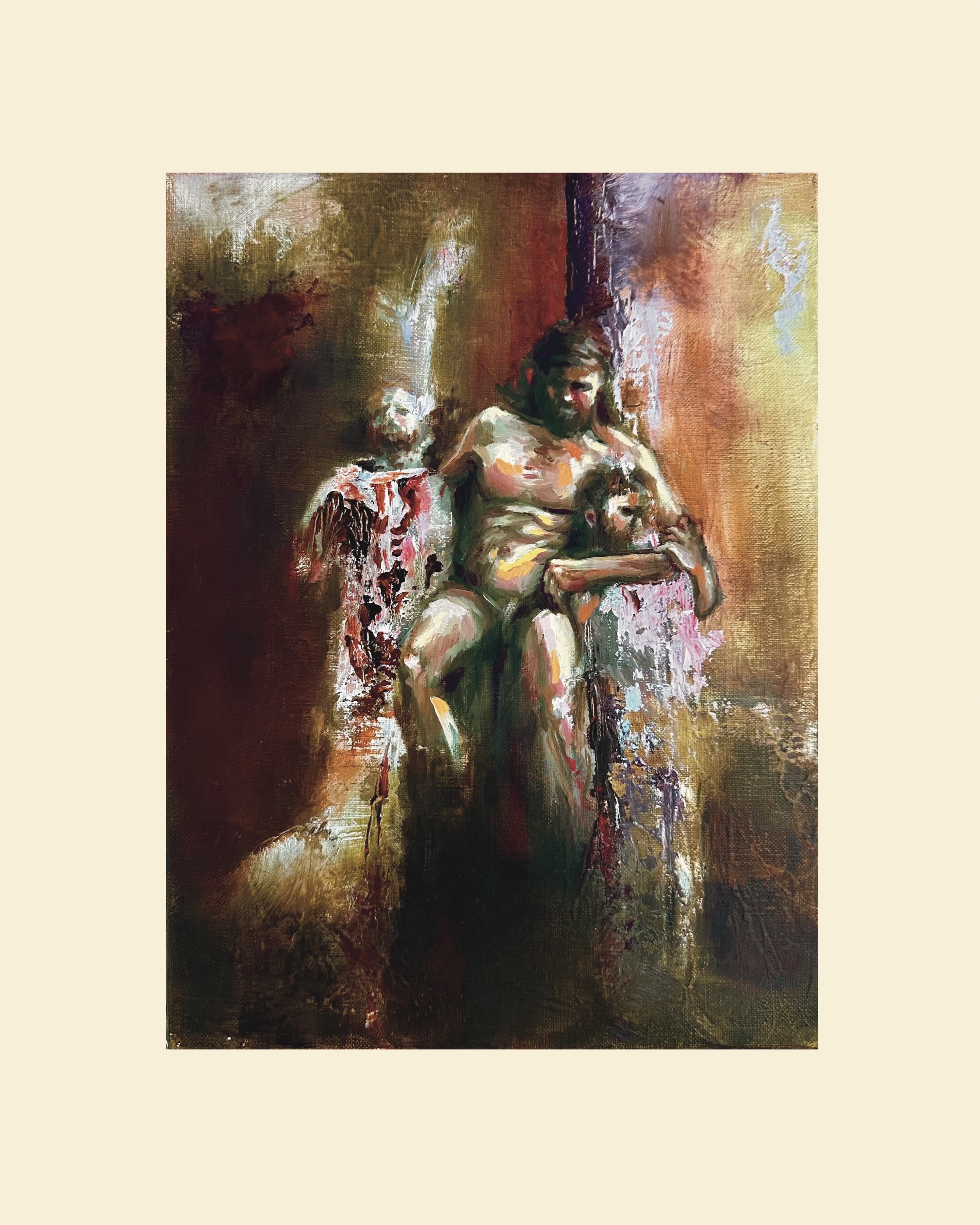

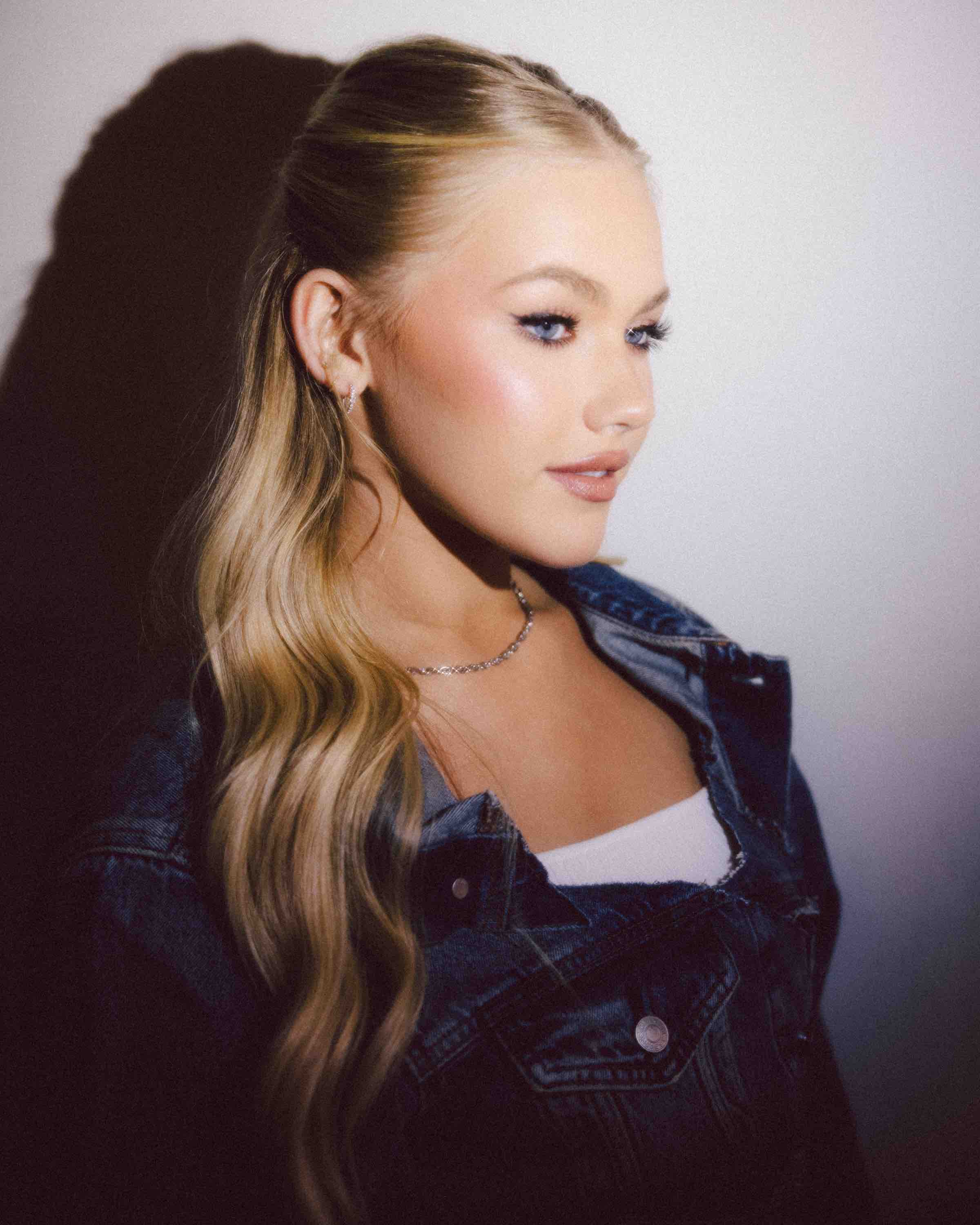
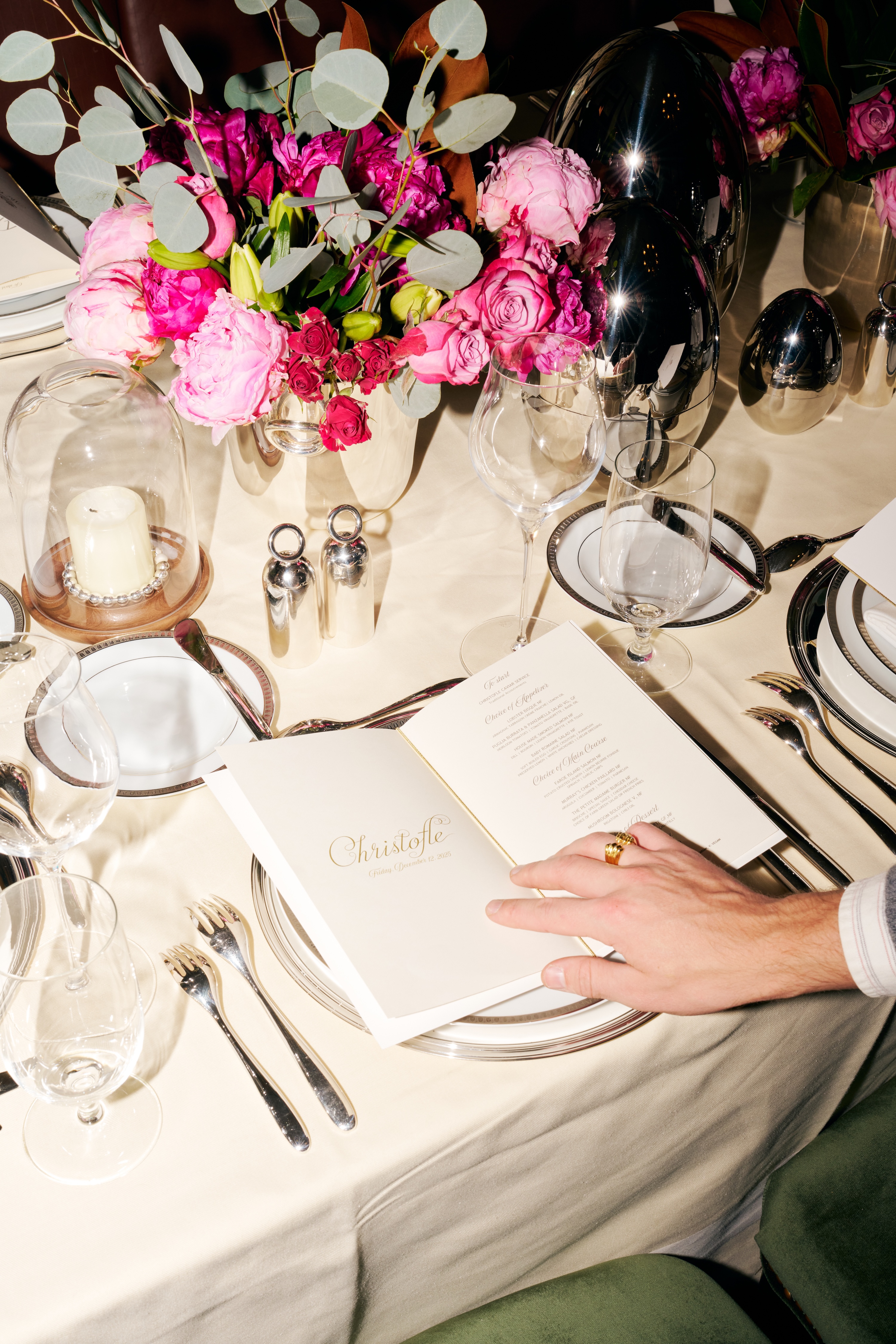
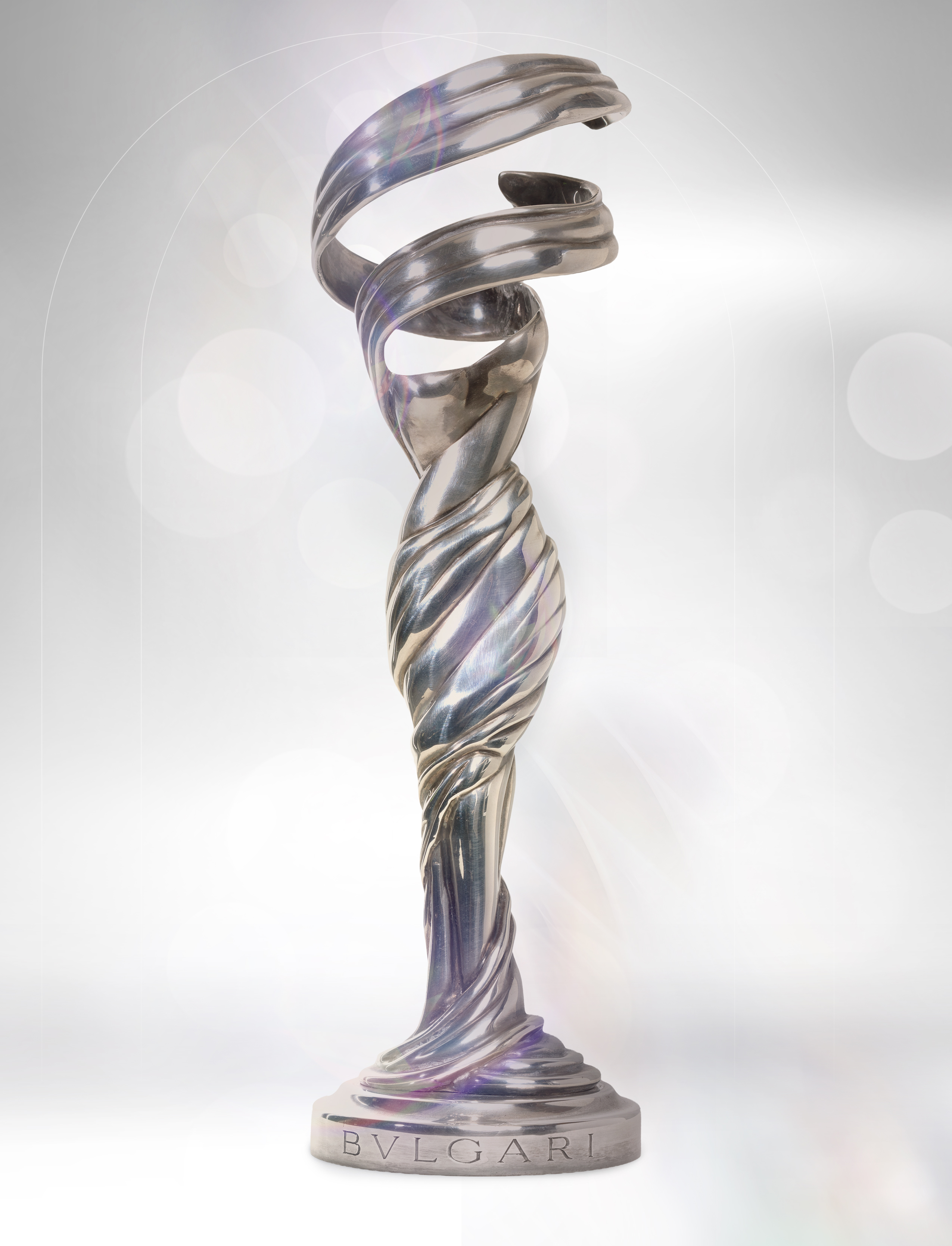
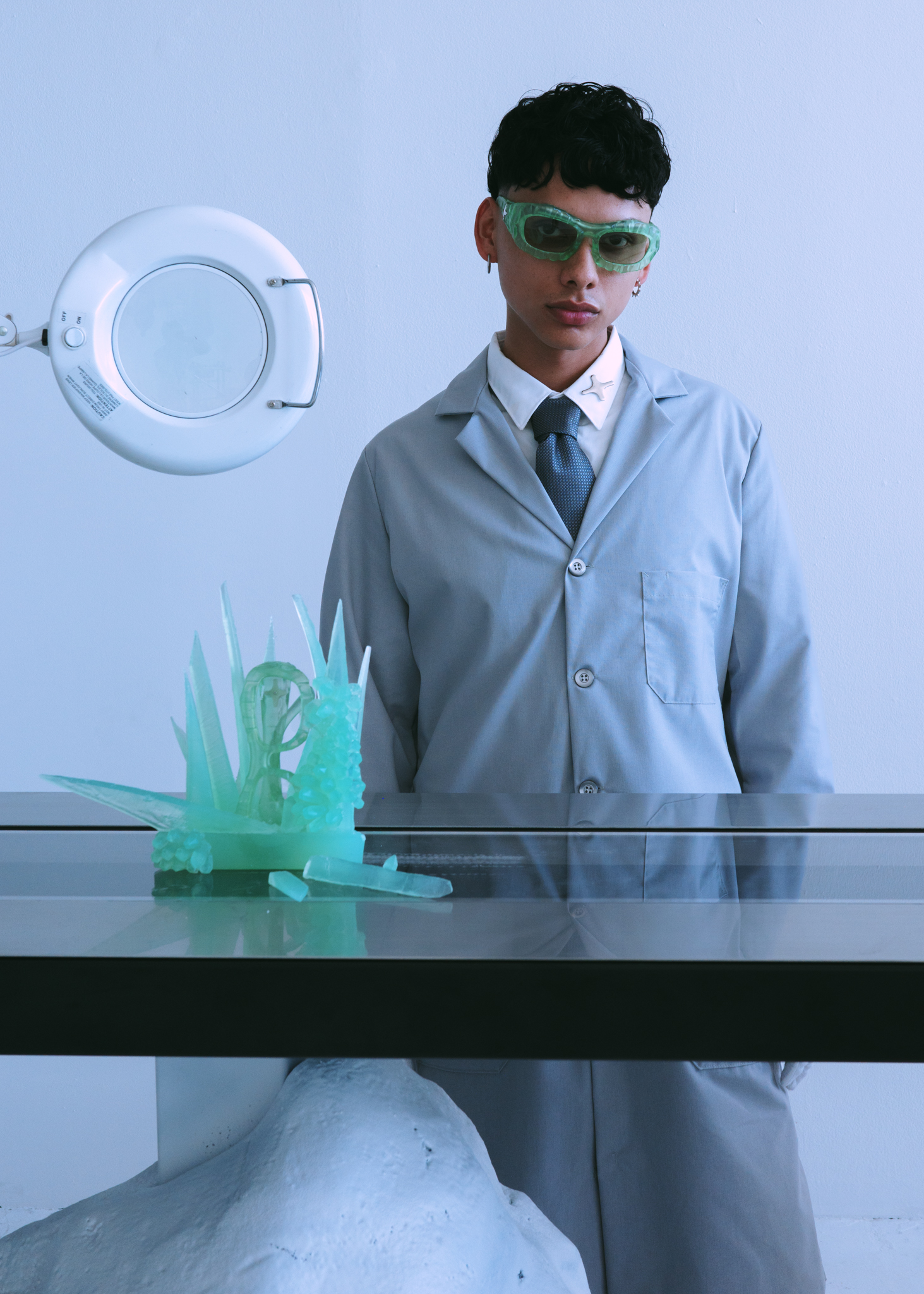


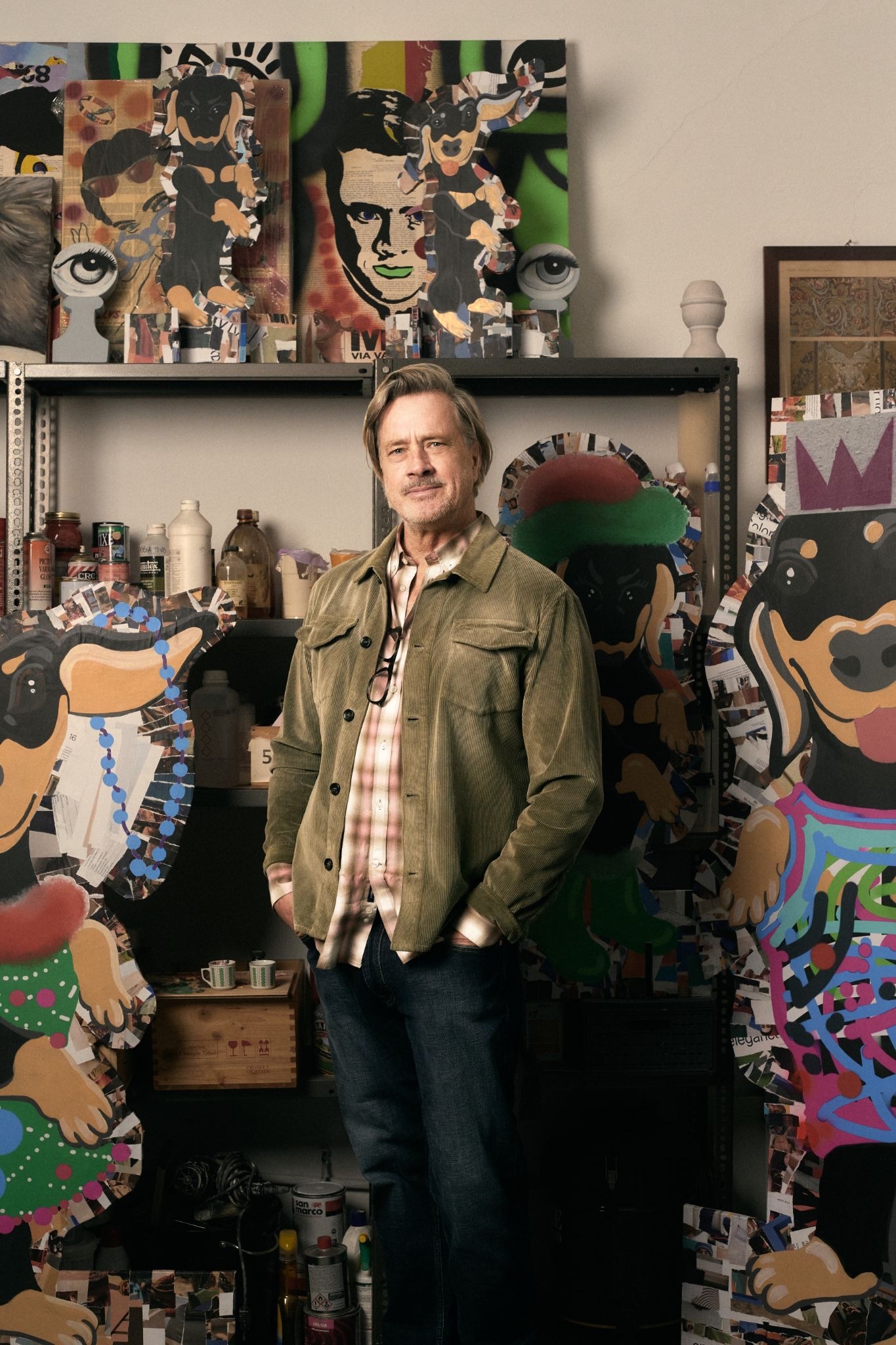
.JPG)
.jpg)

